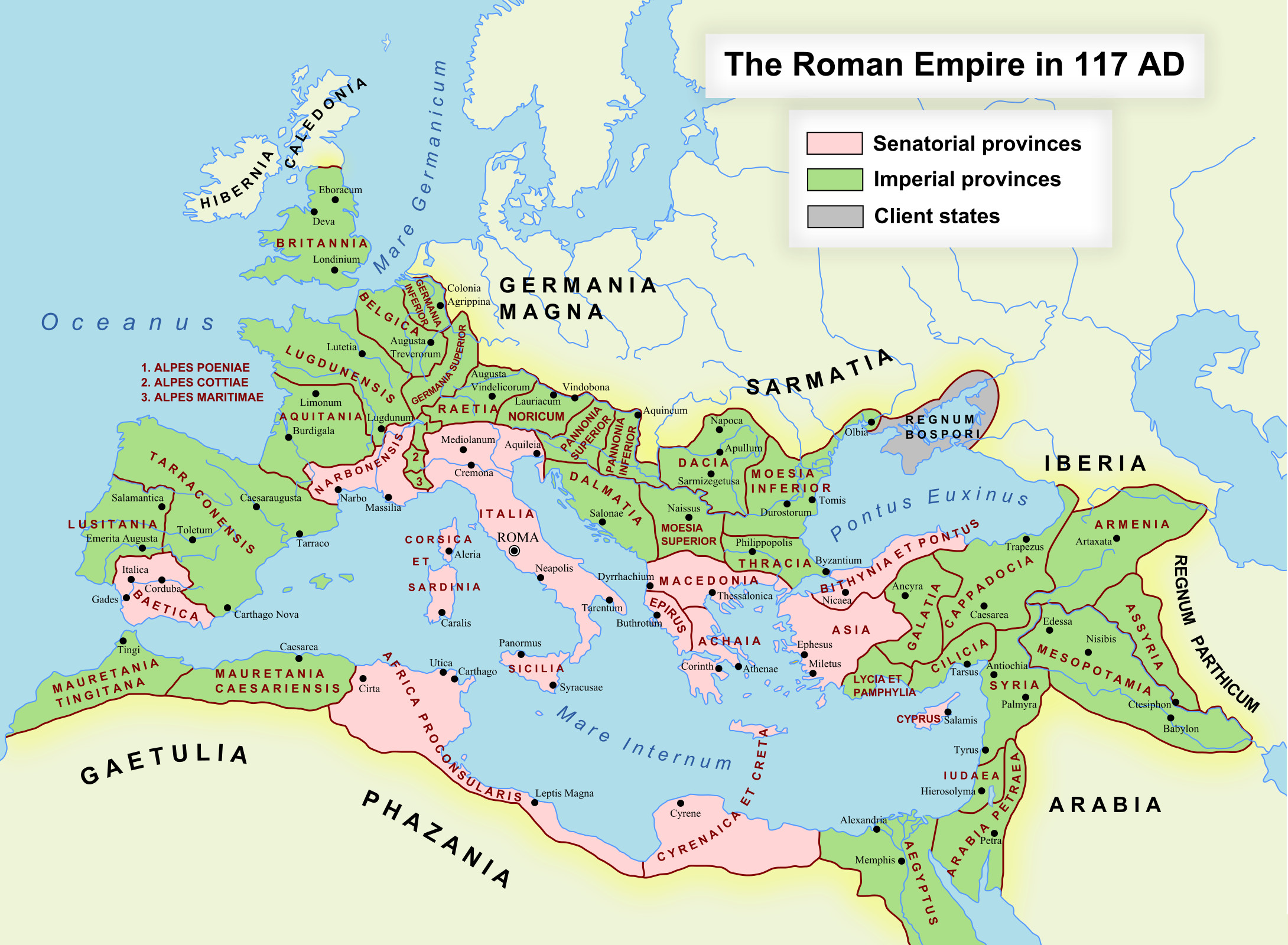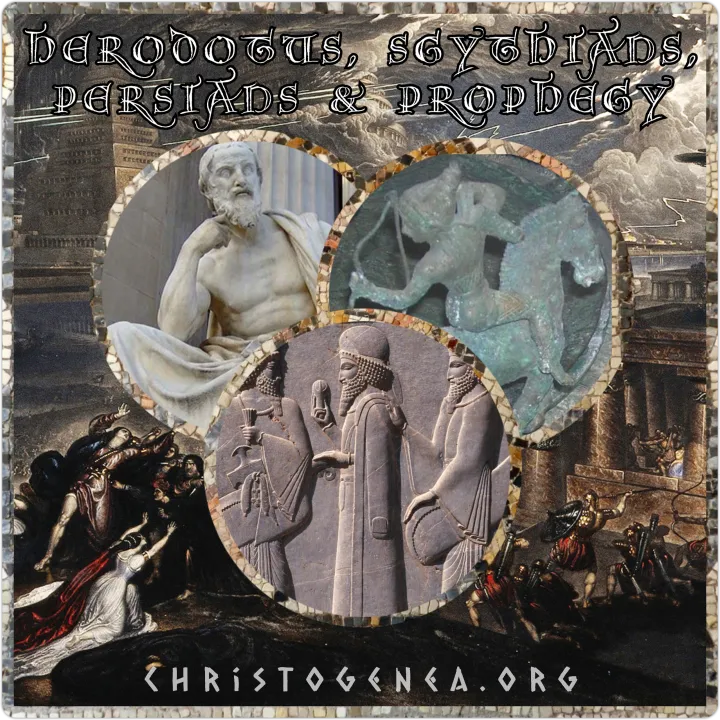Image

Christogenea is 100% reader supported. If you find value in our work, please contribute and help to keep it going! See our Contact Page for more information!

This presentation is based on the essay found at Christogenea entitled Classical Records and German Origins, Part One
This presentation is based on the essay found at Christogenea entitled Classical Records and German Origins, Part Two
This map is relative to the program:

Click here for a larger version of this map.
This presentation is based on the essay found at Christogenea entitled Classical Records and German Origins, Part Four
This presentation is based on the essay found at Christogenea entitled Classical Records and German Origins, Part Five
This presentation is based on the essay found at Christogenea entitled Classical Records and German Origins, Part Six
Greek Culture is Hebrew
Aeschylus, Prometheus Bound, from line 755:
Io: What! Shall Zeus one day be hurled from his own dominion?
Prometheus: Thou wouldst rejoice, I trow, to see that happen.
Io: How should I not, since 'tis at the hand of Zeus I suffer ill?
Prometheus: Then thou mayest assure thyself that these things are so.
Greek Culture is Hebrew
Aeschylus, Prometheus Bound, from line 755:
Io: What! Shall Zeus one day be hurled from his own dominion?
Prometheus: Thou wouldst rejoice, I trow, to see that happen.
Io: How should I not, since 'tis at the hand of Zeus I suffer ill?
Prometheus: Then thou mayest assure thyself that these things are so.
Io: By whom shall he be despoiled of the sceptre of his sovereignty?
Prometheus: By himself and his own empty-headed purposes.
Io: In what wise? Oh tell me, if there be no harm in telling.
Prometheus: He shall make a marriage that shall one day cause him ruth.
Io: With one divine of birth or with a mortal? If it may be told, speak out.
Prometheus: Why ask with whom? Of this I may not speak.
Io: Is it by his consort that he shall be dethroned?
Prometheus: Aye, since she shall bear a son mightier than his sire.
So here we see the Greek idea of that same Hebrew Messiah, minus one important point: the Greeks thought that Zeus would be replaced by his own son, while the Israelites believed that Yahweh would be His Own Son, who would then rule all nations. One difference is that the Greeks insisted upon a humanized God, a product of their pagan insistences. Now many might point to this, as well as to many other stories, and claim that the Bible had a pagan origin. The truth is that Isaiah wrote 150 years before Aeschylus, and that paganism had a mostly Biblical origin!
See the related material at Christogenea found under the title Identifying the Phoenicians.
From Herodotus, The Histories, 3.115:
“Of the extreme tracts of Europe towards the west I cannot speak with any certainty; for I do not allow that there is any river, to which the barbarians give the name of Eridanus, emptying itself into the northern sea, whence (as the tale goes) amber is procured; nor do I know of any islands called the Cassiterides (Tin Islands), whence the tin comes which we use. For in the first place the name Eridanus is manifestly not a barbarian word at all, but a Greek name, invented by some poet or other; and secondly, though I have taken vast pains, I have never been able to get an assurance from an eye-witness that there is any sea on the further side of Europe. Nevertheless, tin and amber do certainly come to us from the ends of the earth.”
We are going to offer George Rawlinson's comments upon this passage, after we read a paragraph from Strabo....
"If my people, which are called by my name, shall humble themselves, and pray, and seek my face, and turn from their wicked ways; then will I hear from heaven, and will forgive their sin, and will heal their land." - 2 Chronicles 7:14

Click HERE listen to our streams.
There is now a completely new schedule with different programs for each stream every day. Click here for Radio info. Last update: September 17th, 2024
Click here for Radio Albion.
 The audio archive for the MEIN KAMPF PROJECT at Christogenea.org houses many programs related to the history of the 19th and 20th centuries which are not found here at the main Christogenea website.
The audio archive for the MEIN KAMPF PROJECT at Christogenea.org houses many programs related to the history of the 19th and 20th centuries which are not found here at the main Christogenea website.
 The Christogenea archive site contains older material produced at Christogenea and elsewhere that has been retired from our main website but which we certainly feel should remain available.
The Christogenea archive site contains older material produced at Christogenea and elsewhere that has been retired from our main website but which we certainly feel should remain available.
Christogenea is reader supported. This month's support level is reflected in the graph below. See our Contact page for a mailing address and other ways to support Christogenea.
87%



